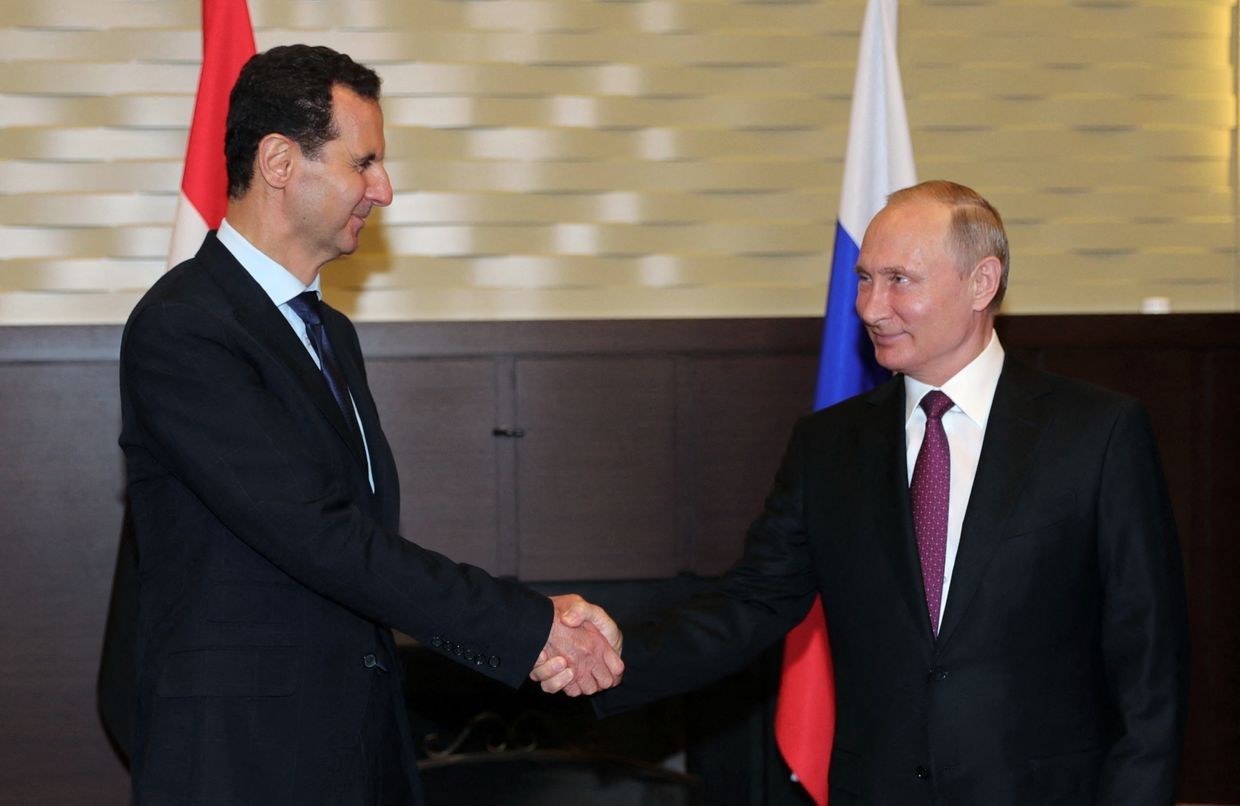‘Dumbass’ — Zelensky blasts Putin’s Oreshnik threats, 'high-tech' duel proposal with the West

At a press conference in Brussels on Dec. 19, President Volodymyr Zelensky blasted Russian President Vladimir Putin's recent threats of using the new Oreshnik intermediate-range ballistic missile (IRBM) against Kyiv to test Western air defense systems in what he called a "high-tech duel" with the West.
Putin proposed the "high-tech duel" during his annual press conference on Dec. 19. He suggested launching an Oreshnik at a site in Kyiv while challenging the West to deploy their air defenses to intercept it, claiming the missile was unbeatable.
"Do you think this is an adequate person? They are just thugs," Zelensky said while commenting on Putin's threats.
Later on, Zelensky published a video clip with Putin's suggestion about a "duel" on X, calling him a "dumbass."
"People are dying, and he thinks it’s 'interesting.' Dumbass," Zelensky wrote.
Putin's remarks followed his earlier threats to use Oreshnik missiles to strike at "decision-making centers" in Kyiv.
Russia first launched an Oreshnik at the city of Dnipro on Nov. 21. The strike was accompanied by a Russian propaganda campaign claiming the attack was carried out in response to the U.S. and U.K.'s decision to lift restrictions on Ukraine's long-range strikes inside Russia and aimed at undermining Western support for Kyiv.
Zelensky also commented on the 2022 Istanbul negotiations between Ukraine and Russia and Putin's peace proposal back then, dismissing them as a sham.
“He simply offered Ukraine to surrender, freeze the conflict, shift allegiance to Russia, and give up our independence,” Zelensky said.
“This person calls these some kind of agreements. He is just an old fantasist living in his own aquarium.”
The draft of the Istanbul agreement was published in full by The New York Times in June. According to it, both sides agreed to exclude Ukraine's Crimea from the treaty, leaving it under Russian occupation without Ukraine recognizing Russian sovereignty over it while the status of other Russian-occupied territories of Ukraine was to be decided in later talks between presidents Zelensky and Putin.
Ukraine offered to abandon aspirations to join NATO or any other military alliance, but the treaty allowed Kyiv to enter the EU. Russia also demanded the lifting of all sanctions, repealing Kyiv's laws related to language and national identity, and limiting Ukraine's Armed Forces.











